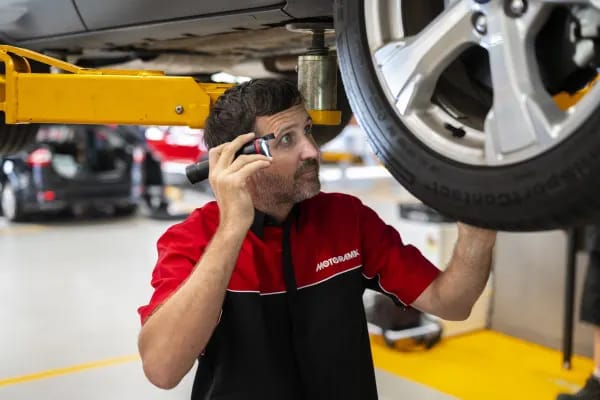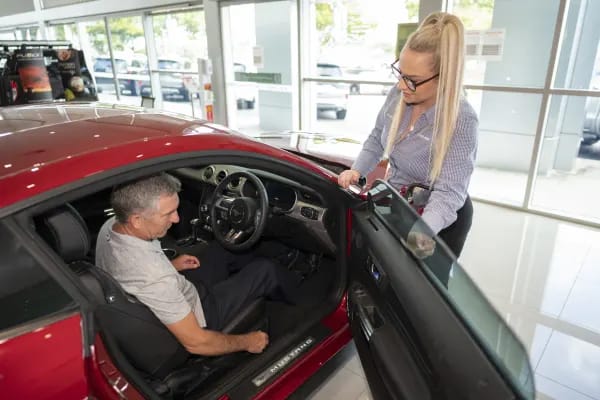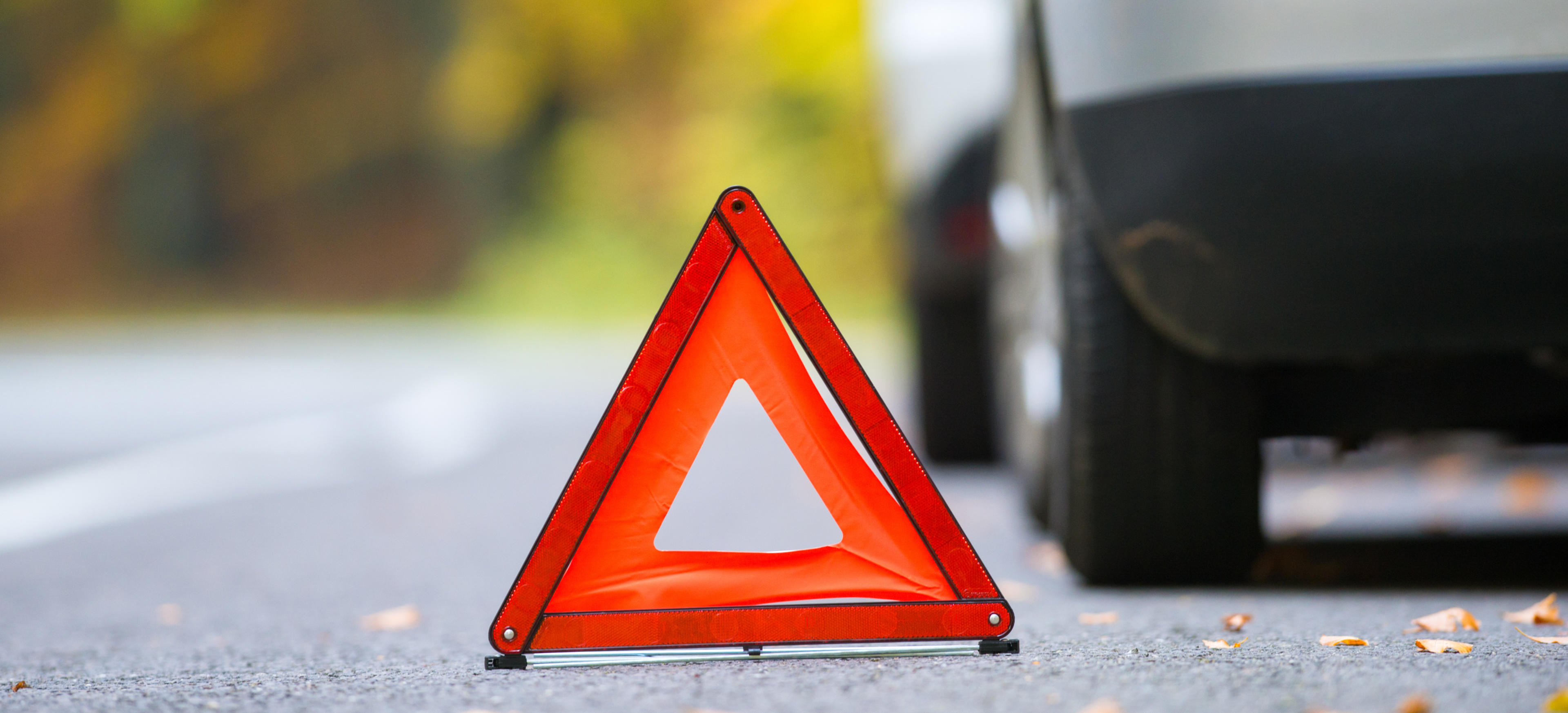
Road Ready: Essential Items to Carry in Your Car
Posted in Motoring Tips
Road Ready: Essential Items to Carry in Your Car
If you've ever been in a vehicle that has broken down, you'll probably find yourself making a mental note to take your set of wheels to the car service centre more often.
Sometimes there are just some things you can't avoid when driving out on the roads, such as tyre punctures, traffic accidents, windscreen cracks and dead batteries. The average age of vehicles in Australia is 10 years, and you’d know, more things can go wrong the older your car gets. So to save needing to be waving down motorists on the side of the road, there are some steps you can take to prepare yourself for such situations. Make sure to pack these items in your car - especially if you're planning a lengthy drive or a road trip!
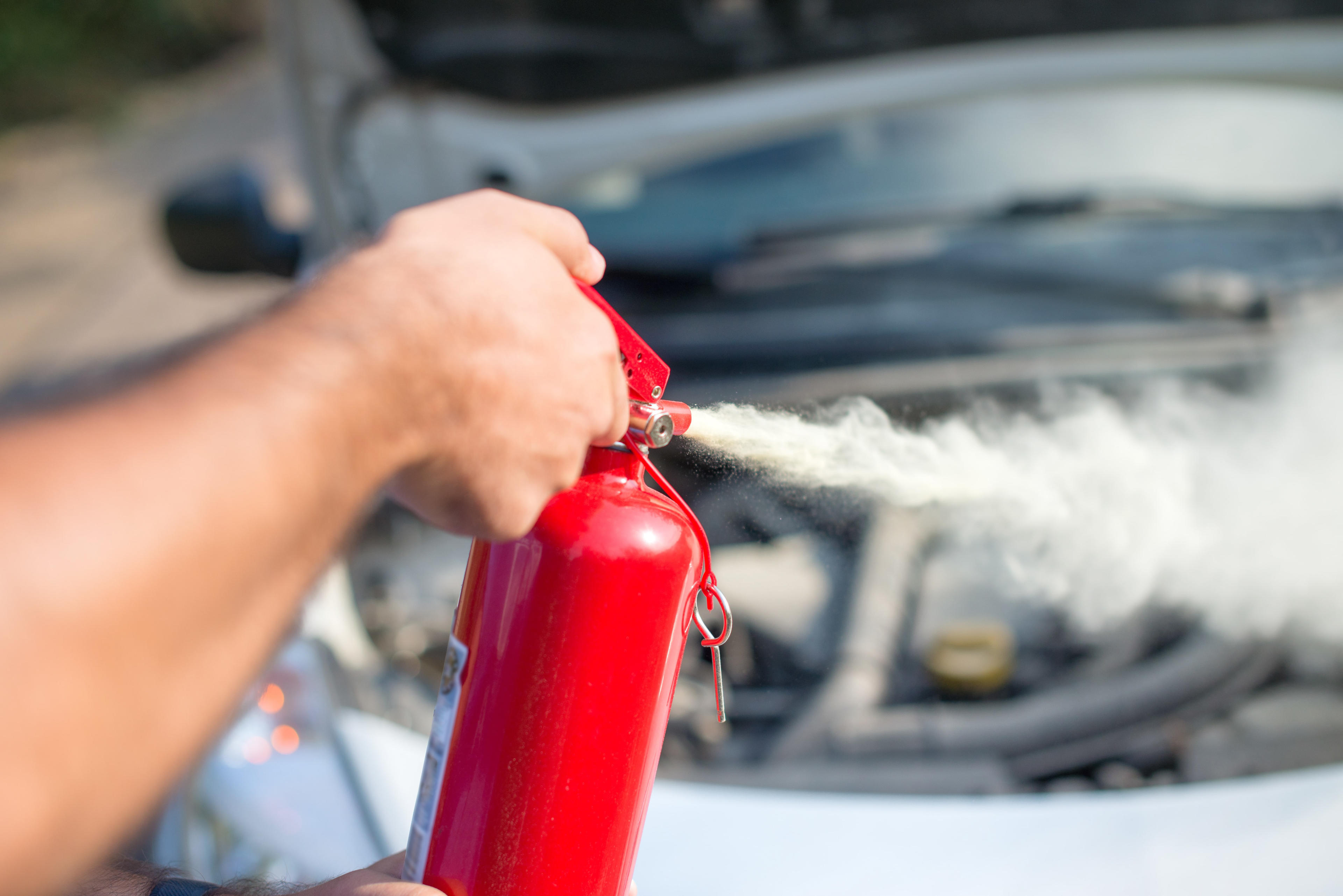
Fire Extinguisher & Blanket
You never know when you may encounter a fire, and you have the potential to save lives simply by having a fire extinguisher and blanket stored in your car.
Motor vehicle extinguishers are usually pretty compact and can be tucked away in your boot. In the case of a fire breaking out in your car, ensure to have all your passengers evacuated and attempt to call the fire service first.
Pull the pin of your extinguisher and hold upright to keep small, contained fires from growing. Also use your extinguisher to create a safe path for you and your passengers from the vehicle.
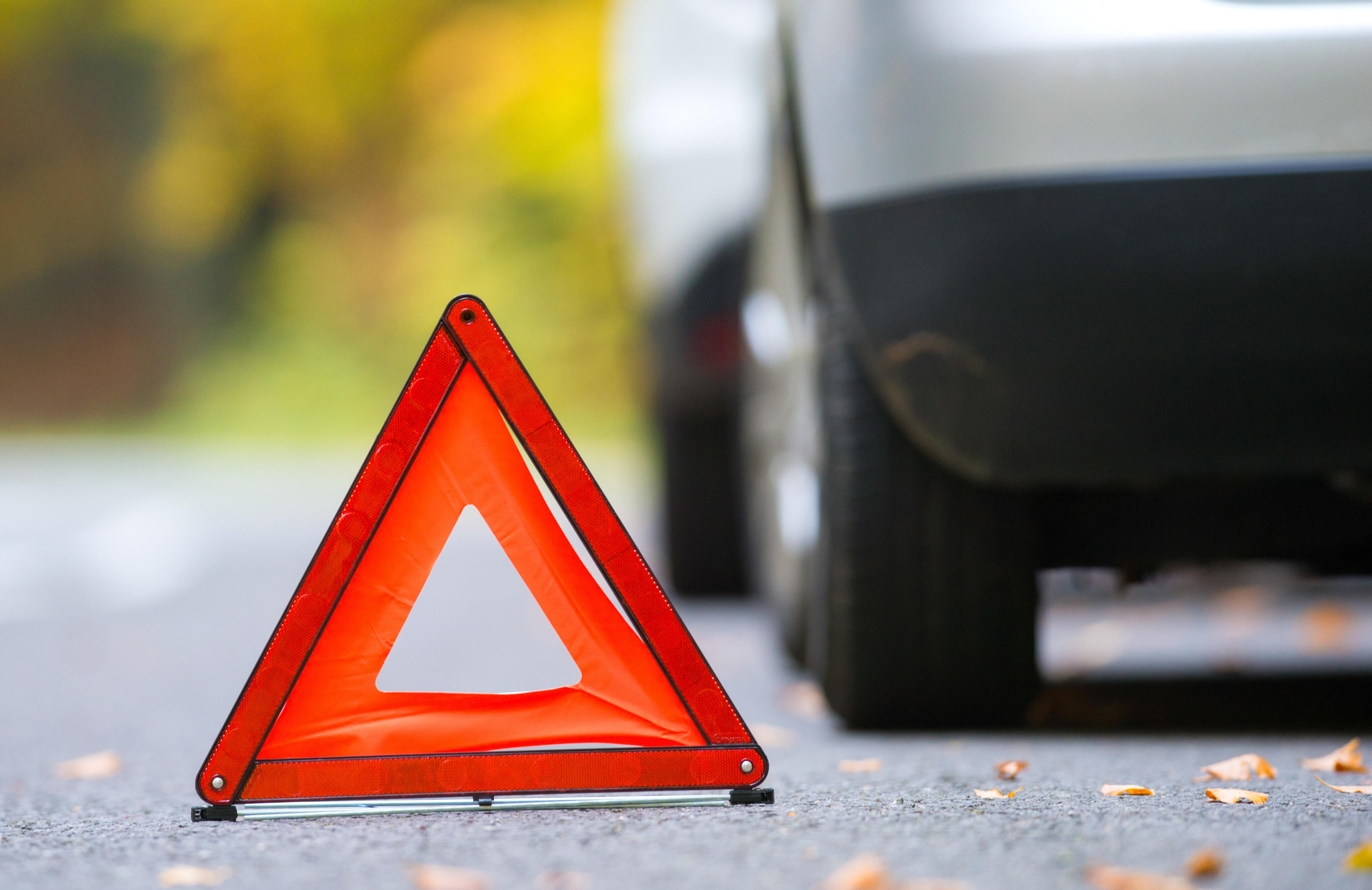
Reflective Triangles
It can be pretty dark out in the bush, and if you were unlucky enough to break down in one of these areas, it can be easy for other motorists to miss you. Setting up reflective triangles around your car will let other drivers know that you're there. It can also help make it easier for emergency services to see you.
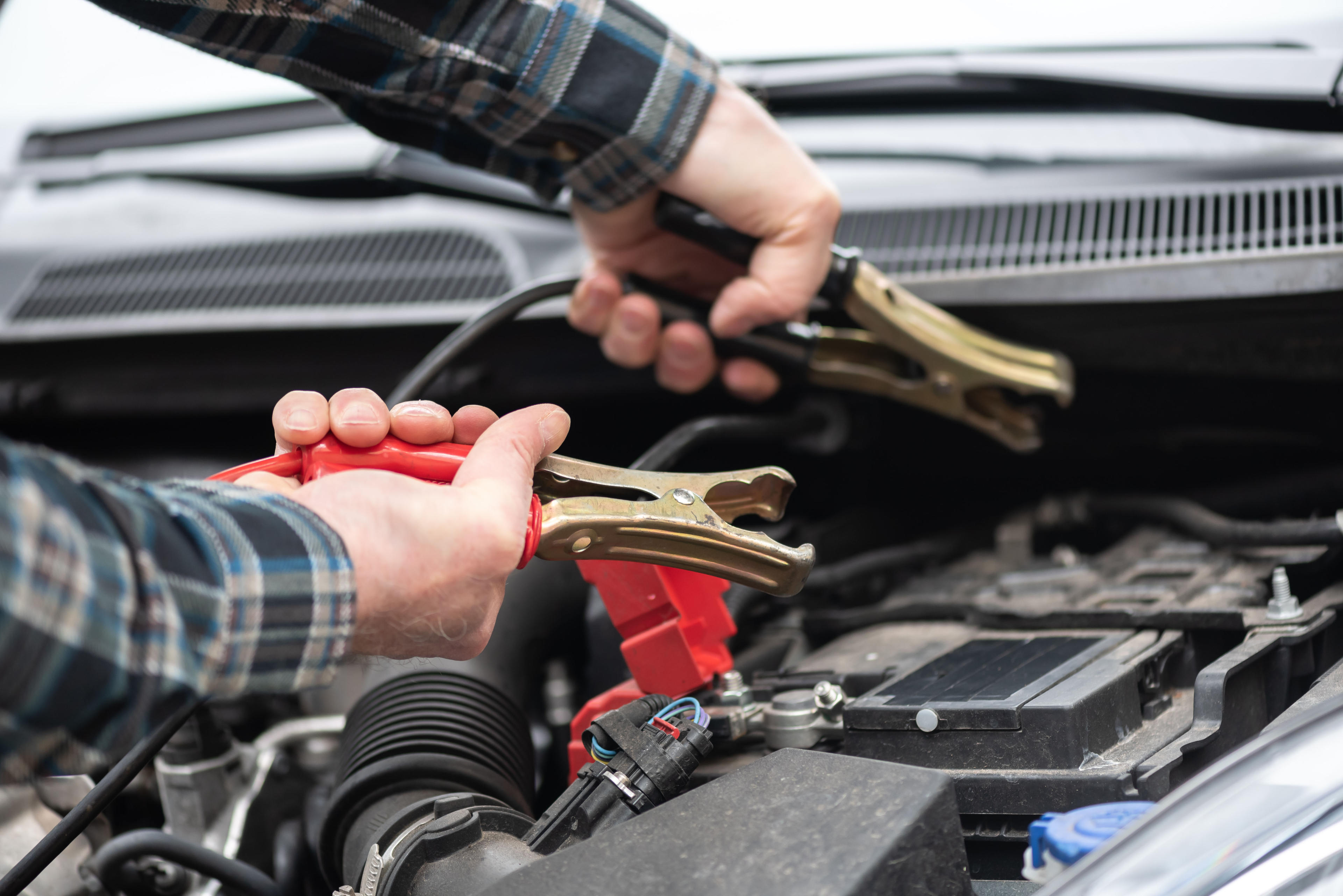
Jumper Cables
This is one essential that is often found in many Australian cars, helping you to get the jumpstart you need when your car battery dies. You may also be able to give a stranded motorist a helping hand, putting your jumper cables to good use.
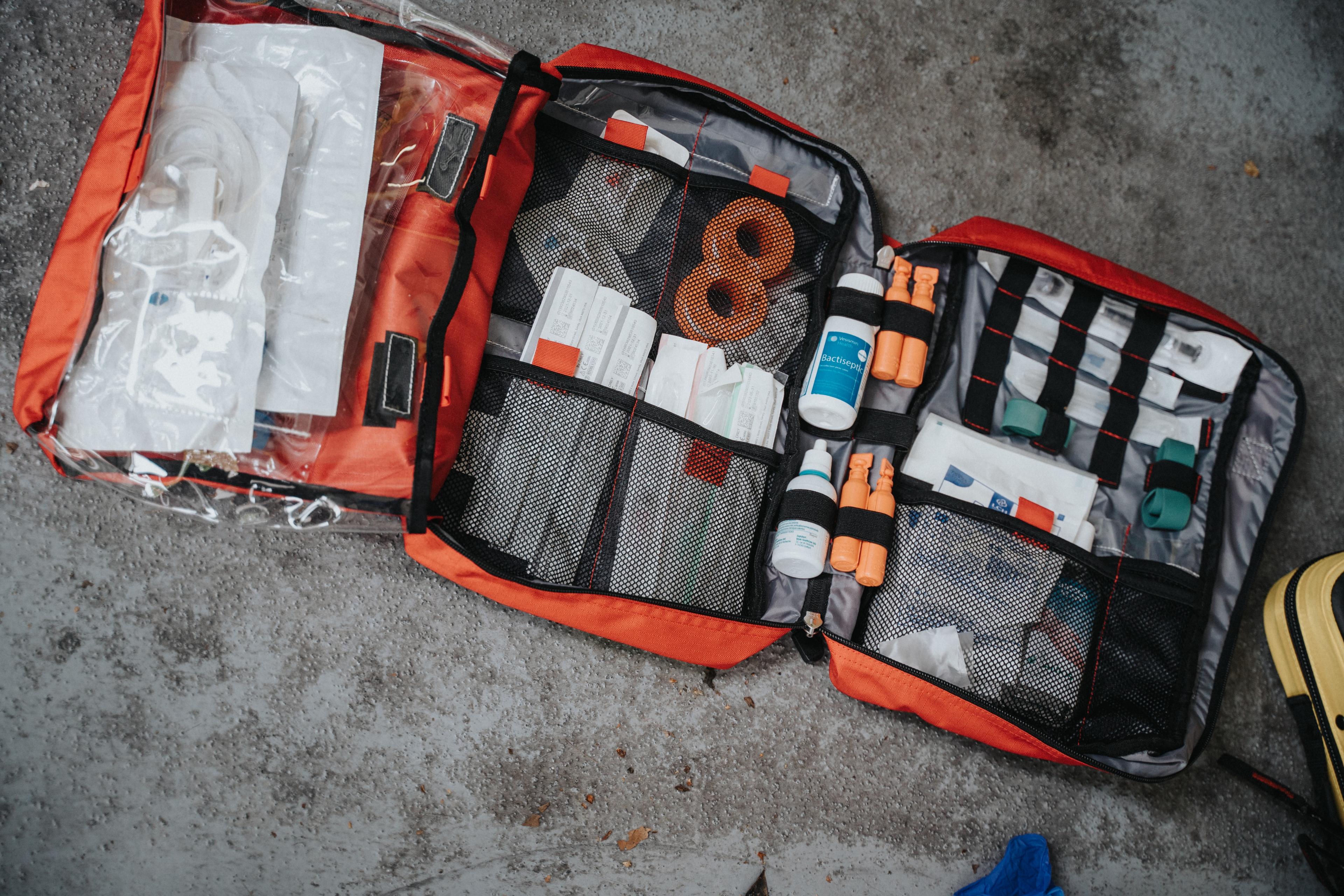
First Aid Kit
First aid kits aren't just for home use - they're handy to keep in your car too! You might find yourself with a nasty cut on a trip to the beach or the victim of a nasty bee sting on a nature walk. These emergency kits can also help in car accidents, helping to address major cuts and burns, or prevent infection later down the track. Some of the top items to include in your kit are a first aid manual, a sturdy pair of scissors, sanitiser, gloves, sterile gauze pads, roll bandages, adhesive tape, antiseptic wipes, painkillers, self-adhesive bandages, band aids, large absorbent dressings and an emergency blanket for warmth.
Other Useful Items
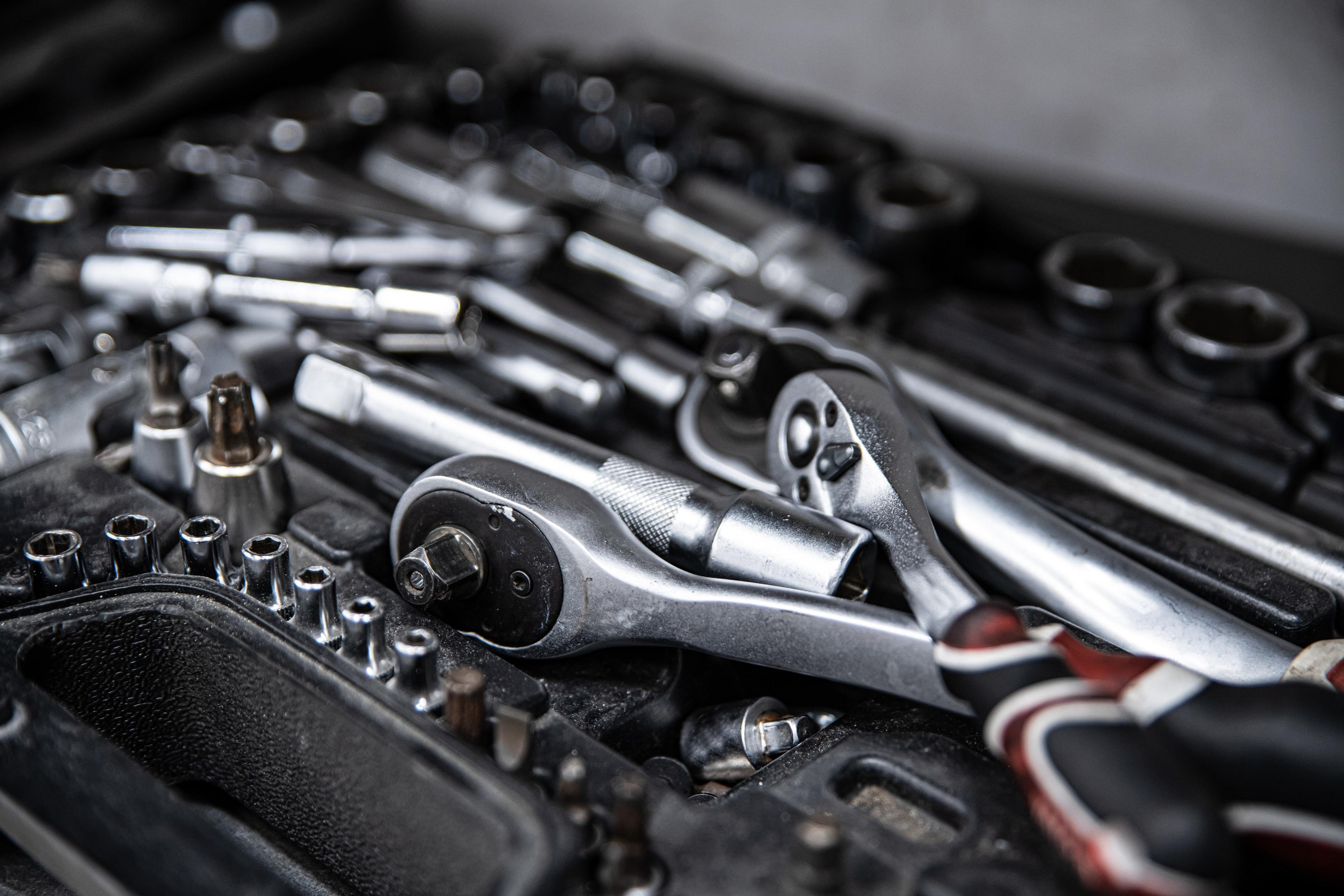
Flashlight
If you encounter a problem on the road that has your vehicle rolling to your stop, it may just be an easy fix. But this easy fix can turn into an activity of poking around in the dark if you don't have a flashlight handy. Flashlights are vital for your car and can be especially useful if you need to trek in the dark in search of the nearest service station!
Small Tool Kit
You never know when you may need a flathead screwdriver or a spanner, so be prepared for any situation by keeping a small tool kit in your boot. Include essentials such as a screwdriver set, adjustable spanners, pliers, a utility knife and duct tape.
Car Manual
Keep your car manual in your glove box at all times - you'll probably find yourself needing it at some point in your car's lifetime! These can really help to turn a mountain of a problem into a molehill, letting you know how to take care of certain troubleshooting issues.
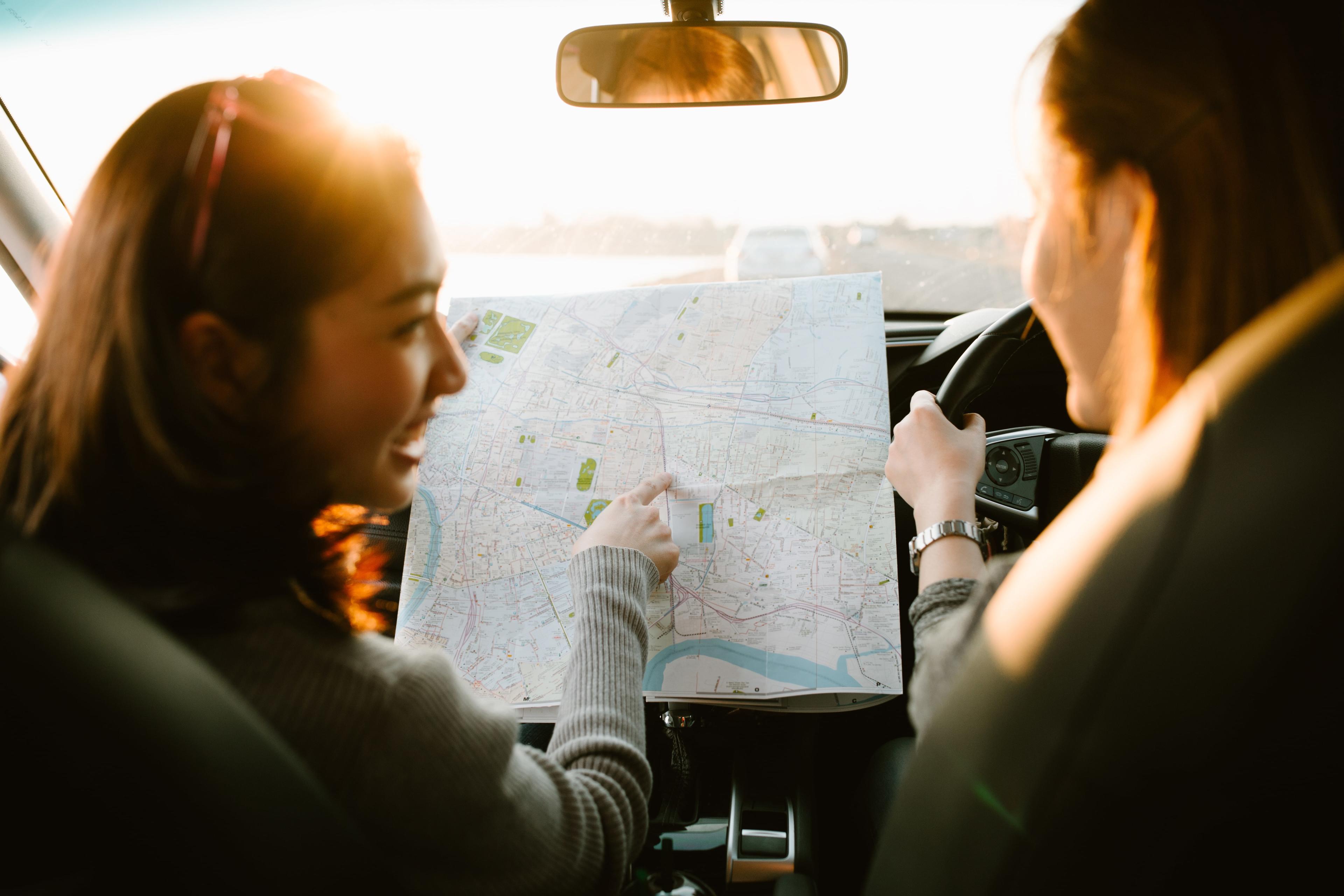
Road Maps
Mobile phones, laptops and tablets can only stay alive for so long before their battery runs out, so always keep a road map in your car. This will save you from driving in circles and wasting valuable gas. The traditional form of GPS won't let you down.
Spare Rags
When your car breaks down, you know it is probably going to be when you’re the least prepared, or most inappropriately dressed to be taking the role of roadside mechanic. A simple spare rag is there to help you clean your hands of the surprising amount of grease and dirt you end up covered in.
Miscellaneous
Easy to forget, but also good to have in your car: a rain poncho, drinking water, non-perishable snacks, baby wipes or hand sanitiser, sunscreen, bug spray and last but not least: toilet paper. But maybe the most important is to bring your car in for a regular check up and prevent breaking down.
All these items can help assist you in an unexpected vehicle emergency, but the best assistance is preventative maintenance. Make sure to service with Motorama to keep your car running at its best and on the road for longer.

